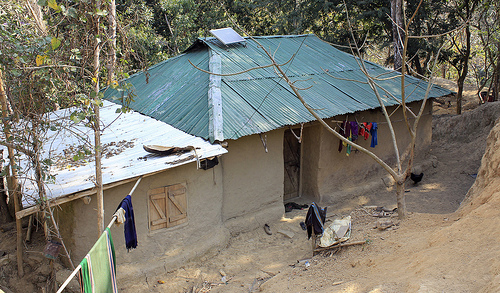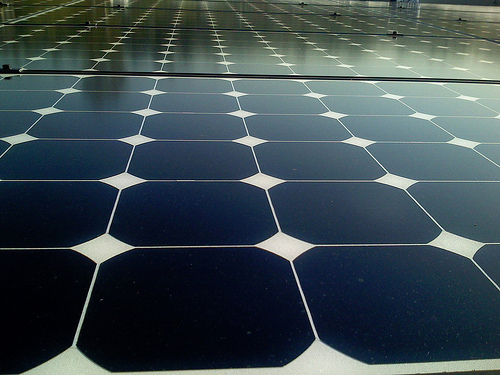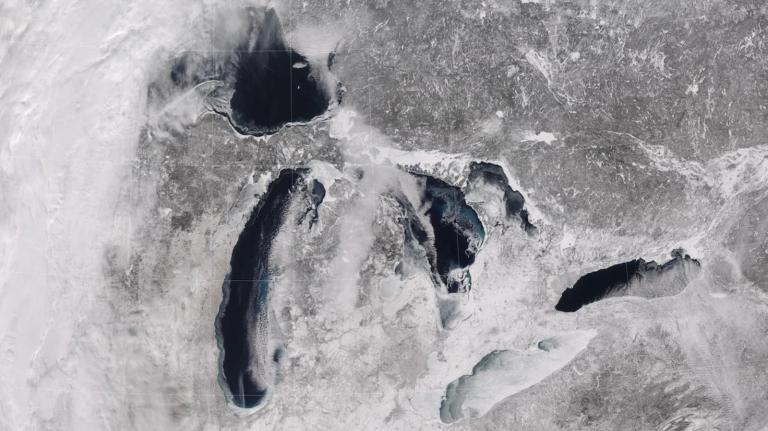Lots of American journalists (including this one!) have gone on and on about renewables and nuclear power in Germany without having a first-hand appreciation of the situation, or even any German language ability. This has led us all to misapprehend some pretty basic facts about why the Germans decided to phase out their existing nuclear power plants, even if it means they’re burning more fossil fuels in the short term. (Granted, a big part of it was Fukushima.)
Luckily a German popped over to Climate Progress to explain it all in the comments:
…It turned out that [the Merkel government’s decision, before Fukushima, to extend the life of Germany’s existing nuclear power plants by 8-12 years] was very bad for alternative energy. many regional suppliers (”Stadtwerke”) had made investments into alternative energy, which were threatened by the longer running times.
*** it is simply false to assume that if we keep nuclear energy, we would get more CO2-free electricity production. instead, nuclear power would block the development of alternatives! it was the clear timetable of a nuclear phase-out, together with feed in tarifes that were driving the growth of alternatives in Germany over the last decade! ***
Basically what commenter “sod” is saying is that if Germany had kept around its nuclear power, it would have cut into the demand for new power sources — i.e. renewables. We have exactly the same problem in the U.S. right now, namely: why rip out our existing energy infrastructure and pay for a new one, especially when demand isn’t growing all that fast?
Except, oh yeah: we should be tackling climate change.
What Germany is doing isn’t without risk: in the short term, the country is building a bunch of coal-fired power plants that make absolutely no sense in light of its attempts to reduce its emissions. And the switch from coal / nuclear to natural gas-fired power plants, which are required as backup to intermittent wind and solar, makes them beholden to Russia, which has all the gas.




